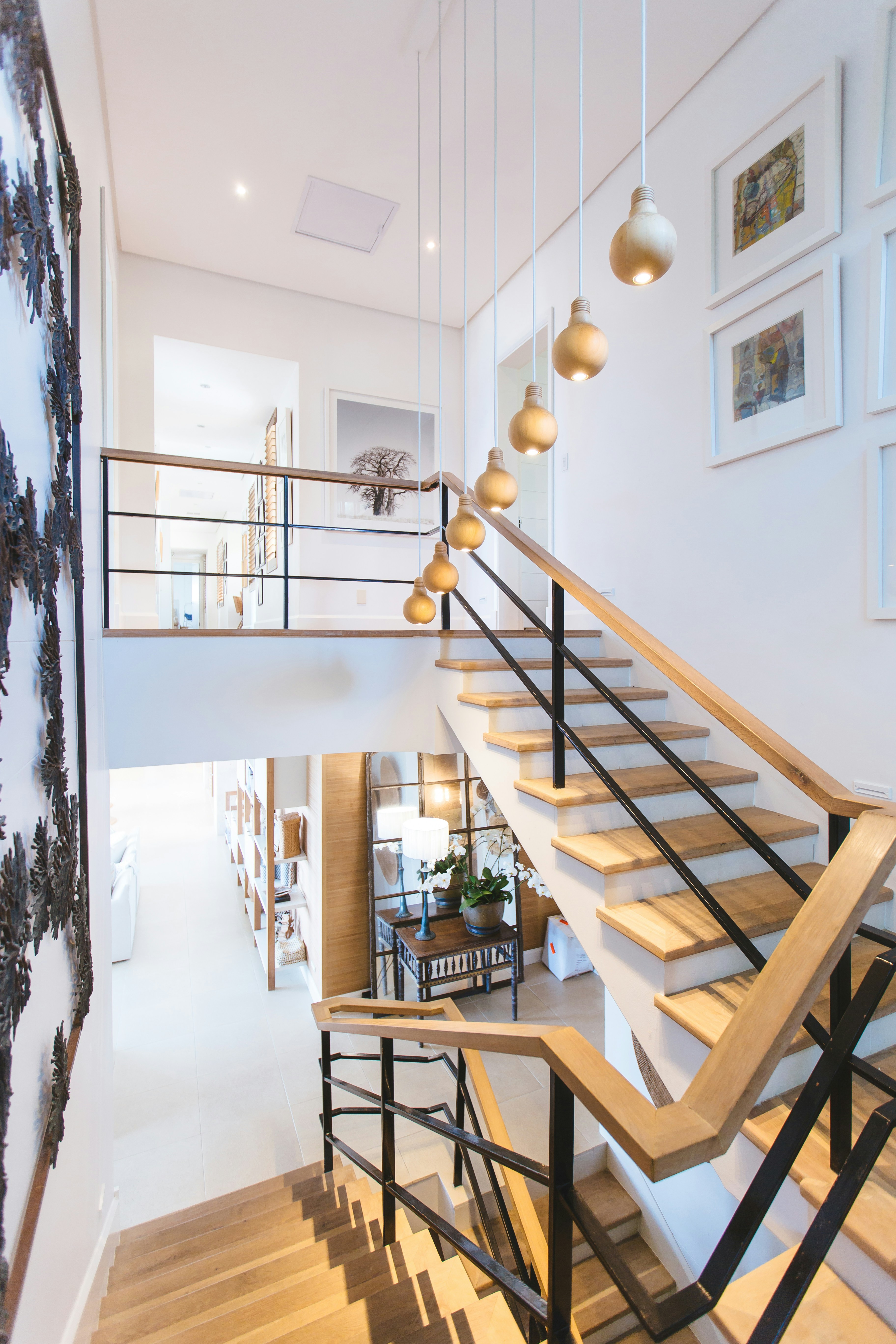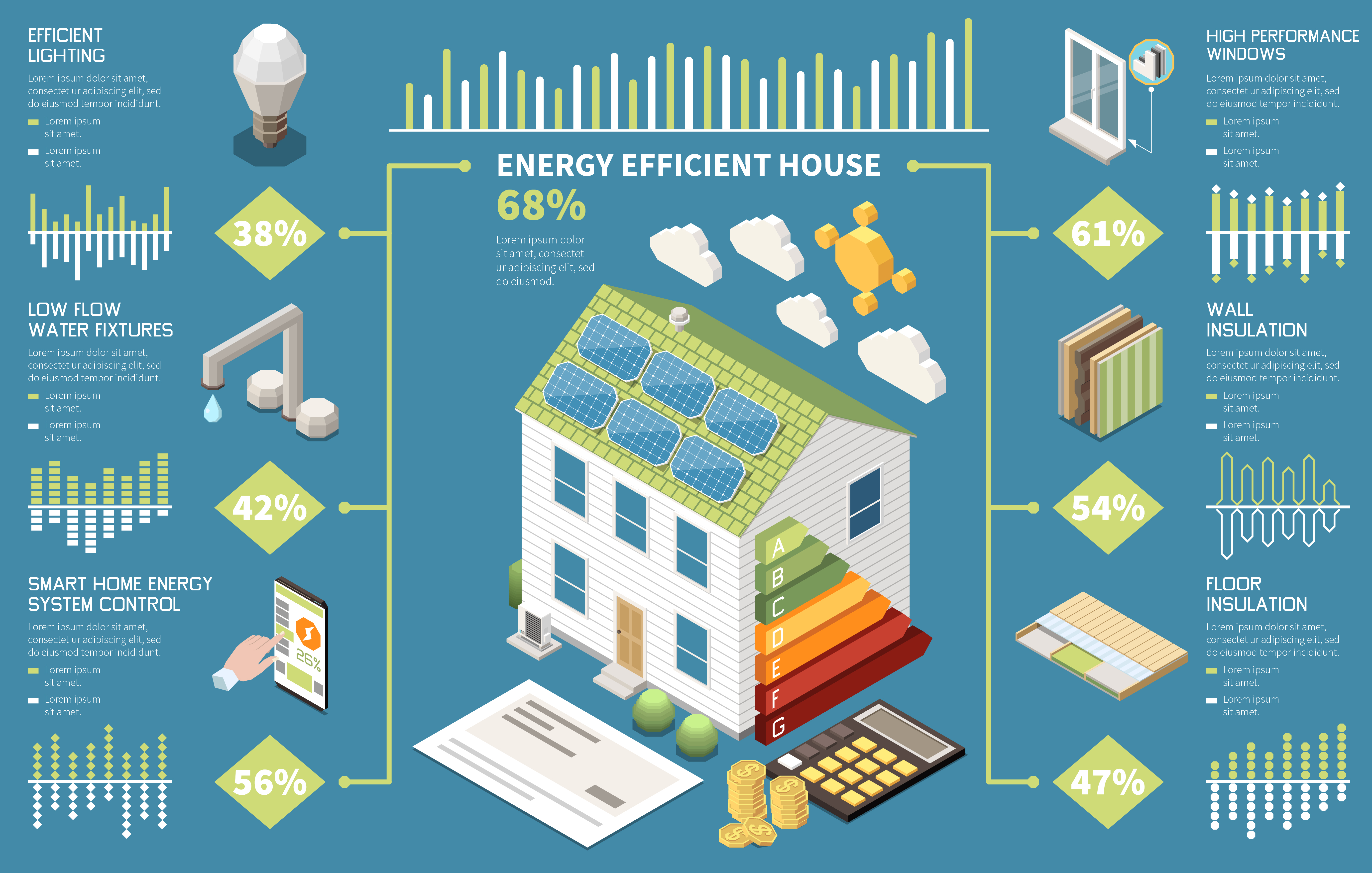When it comes to adding value to your home, traditionally conducting upgrades, undergoing structural maintenance, and looking at building an extension have been go to methods for increasing the value of the property.
Since 2020, there have been higher numbers of searches on Google for ‘housing extensions’ with more households looking to increase the amount of space in their domicile, but with growing lead times extended working demands, and prices for basic construction materials such as wood, brick, copper, and glass, all increasing – it’s raised the question of whether building any sort of extension to the home is still a valid way of increasing value.
In the first 11 months of 2020 (in the midst of the COVID-19 pandemic), the price of construction materials rose on a month-by-month basis, and the forecast for 2022 has indicated a further 5% increase in related construction costs.
Purchasing a home is a huge decision, and so too is deciding whether or not to build on it – and whether this is being done for personal reasons, or to increase the value of the property, the fact remains that as prices increase, the cost of living becomes higher, and more people are limited with the funds they can use for home ownership and property purchase, building an extension is no longer a sure-fire way of increasing the base price of a building.
Does Increasing Prices Mean that Property Development Through Extensions is No Longer a Viable Way of Boosting the Value?
Not necessarily – it just means that there’s more to consider than simply deciding that a nice new wrap-around extension will absolutely increase the value.
You might think that everyone wants a loft or garage conversion, or benefit from a new single story rear expansion – or that even a two-story side extension is ideal – but the simple fact is that some extension types are more desirable than others, and the value increase will depend on the modification.
For example
- Garage Conversions typically increase the value by an average of 10 to 20%
- Conservatories show an average increase in value of around 5 to 7%
- Two-Story Extensions generally bring an average 12% increase to the value
- Loft Conversions are considered (on average) the most desirable, bringing up to 20% more value
However, these figures shouldn’t be taken in isolation – there are other considerations, such as the local community, the location, the style, and age of the house. Basically, where you live, the type of people and community activities that surround you, the amenities, even the local transportation system can all impact the value of your property, and how much any sort of extension or alteration work will add to the value.
Determining the value of your property, and those in the surrounding neighbourhood, will give you a good idea of what people have been willing to pay, and what (with inflation and other expenses) you would expect them to pay if you put your property on the market – it gives you a good benchmark for determining what you are looking to get back on resale, and should give you a good idea of what sort of budget you should be looking at if you want to make a profit.
What Sort of Costs are Involved in Creating a Home Extension?
Having an extension done properly involves a lot of planning, and sourcing the right builders, plumbers, electricians, and other service providers in order to get it right. The costs will depend on who you choose to work with, where you’re located, what you’re planning on doing, and the materials you choose to use – and as with so many other things, the cheapest option isn’t always the best choice – the phrase ‘you get what you pay for’ is both a warning and a sage piece of advice.
Generally, for extensions the project cost (for an internal space) is around £1,350 - £2,250 / m2 - so a 30m2 extension would have an initial estimate of around £40,500 - £67,500 as the base price – however this is likely to increase by around £8,100 to £13,500 (20% VAT) before you start – and doesn’t cover every aspect of the project.
Other costs that you need to prepare for will include:
- Surveys (generally ranging from around £700 to £1,800)
- Architects (charging from around 7% of the total construction cost)
- Planning Permission (if applicable, and starting at £206 with a further £34 for follow-up requests)
- Building Regulations (priced as needed)
- Party Wall Agreement (if applicable)
- Insurance (price depending on project and liabilities)
- Lawful Development Certification (starting at around £103)
- Structural Engineers (costing up from around £500 - £1,250)
- Extension Fitting (priced per project)
These prices, are again highly flexible, and determined by a wide-range of factors including the value of the area (high-value neighbourhoods generally see higher costs involved), the location of the building site, the work to be undertaken, etc.
You need to have a clearly defined and researched budget, and it’s sensible to shop around for estimates before you commit to any work being undertaken.
Considering the Costs and the Current State of the Industry, Are Extensions a Good Move for Increasing Property Value?
This really depends on the property, the location, and your own personal goals.
If you’re extending the home for your own personal use and benefit, then it’s going to be more of an emotional investment rather than a resale value – you’re going to want to create a dwelling that sees to your personal needs, and your own wants, so you can appreciate the home for as long as you live there.
If you’re looking at doing it for reinvestment, then you’re going to need to make fully comprehensive lists that layout what you want done, the associated costs, how this will make the home compare to the buildings surrounding it, and whether your planned changes are the sort of additions that home owners are looking for.
At the end of the day, whether you’re doing it for personal reasons, to sell on, or rent out – you need to carefully conduct your research, examine and be happy with your selected suppliers, and draw up realistic development goals to keep the project on track.








